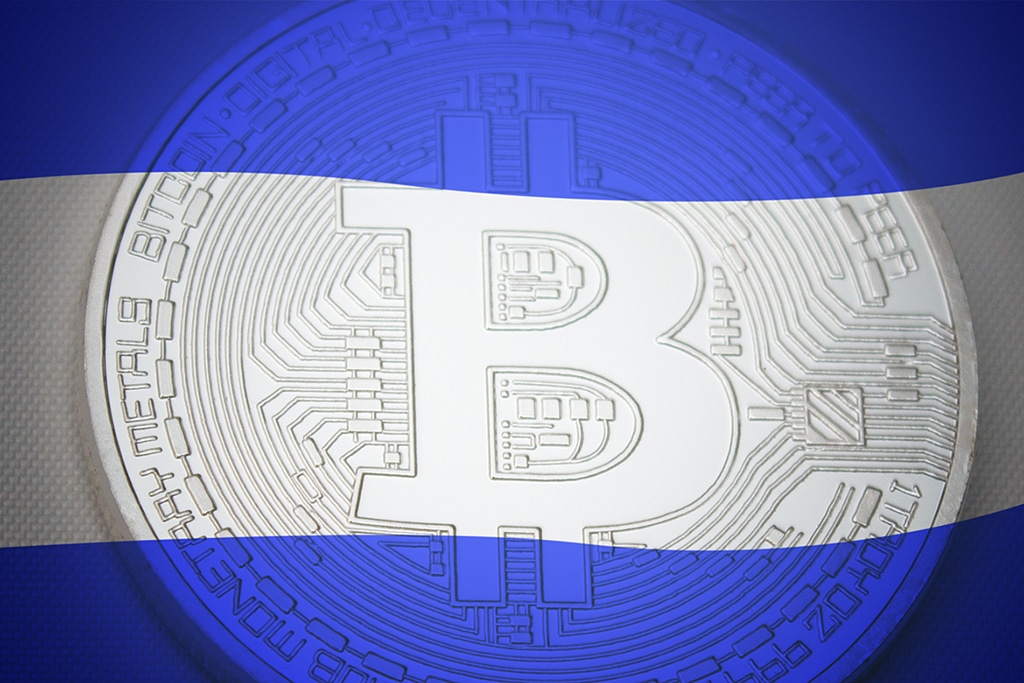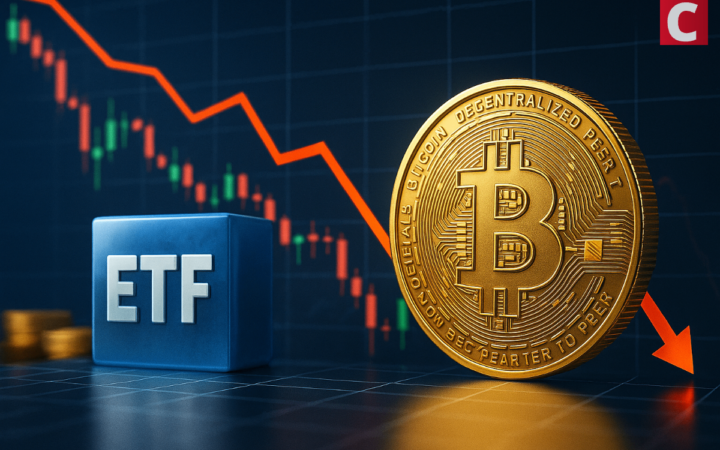
Please check out latest news, expert comments and industry insights from Coinspeaker's contributors.
El Salvador’s ground-breaking decision to adopt Bitcoin as legal tender could have an outsized impact on the global cryptocurrency market – but it’s unclear whether it will be positive or negative until we see how it works in practice.

Although it was originally designed as a currency and has seen both its use and its value soar over the last decade or so, Bitcoin (and other cryptocurrencies) have largely been used more as assets than currencies to date. Aside from trading, their use has been mostly confined to select eCommerce stores and gambling sites like nolimitcasino.com, where punters can take advantage of enhanced security, greater privacy and faster transaction times when playing games like slots, blackjack and roulette.
However, the sector was shaken in June when El Salvador announced that it would begin accepting Bitcoin as legal tender. But how will it actually work in practice? And what are the likely ramifications for the wider cryptocurrency market? Here’s a closer look at the issues at play.
In a historic motion on the 8th June, the El Salvadorian government voted to embrace Bitcoin as legal tender in the country by 62 votes out of a total 84. In 90 days, the decree will become enforceable law, at which point every business in the Central American nation must accept Bitcoin as payment for their goods and services. People will also be able to pay taxes in the cryptocurrency as well, although its use will not be mandatory – El Salvadorians will still be able to pay in US dollars, as they currently do.
In theory, the move is expected to allow the millions of citizens who do not have a formal bank account (comprising over two-thirds of the country’s population) to access financial services. It should also facilitate the sending of remittances from ex-patriots who have found lucrative jobs overseas back to their families in the country. In this way, President Nayib Bukele hopes that it will create plentiful employment opportunities in the short term and stability for the economy in the long term.
El Salvador’s adoption of Bitcoin is the first time that any country anywhere has made a cryptocurrency a form of legal tender, which means it’s very difficult to predict what may happen going forwards. Traditionally, Bitcoin has been unsuitable for the world of commerce due to its tendency to fluctuate wildly in price, with rises (and falls) of double-digit percentages regularly occurring in the space of 24 hours. It will be interesting to see if the El Salvadorian government’s decision to back the cryptocurrency up via a $150 million trust to guarantee conversion to dollars helps to stabilize its price at home and elsewhere.
If it does, it could create a blueprint for other countries to follow in implementing similar systems in their own jurisdiction. According to Reuters’ cryptocurrency correspondent Tom Wilson, this could prove particularly attractive in emerging economies that rely heavily on overseas remittances for their growth. That’s due to the ease and speed with which money can be sent abroad, without relying on traditional financial institutions. Therefore, the announcement itself does not give us a whole lot of information about how the wider market will be affected; that will only become clear once the situation unfolds on the ground in El Salvador.
El Salvador’s ground-breaking decision to adopt Bitcoin as legal tender could have an outsized impact on the global cryptocurrency market – but it’s unclear whether it will be positive or negative until we see how it works in practice.
Disclaimer: Coinspeaker is committed to providing unbiased and transparent reporting. This article aims to deliver accurate and timely information but should not be taken as financial or investment advice. Since market conditions can change rapidly, we encourage you to verify information on your own and consult with a professional before making any decisions based on this content.

Please check out latest news, expert comments and industry insights from Coinspeaker's contributors.




